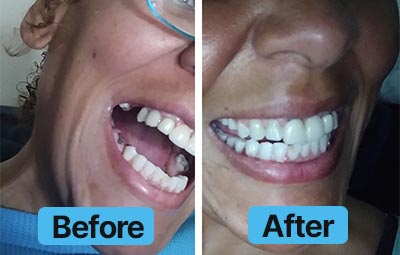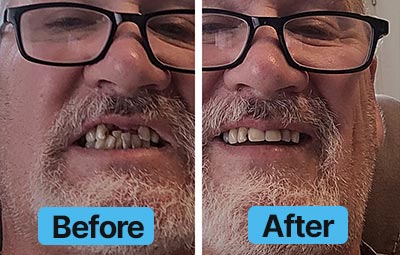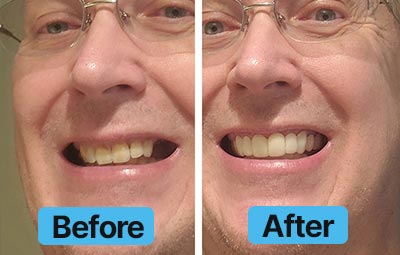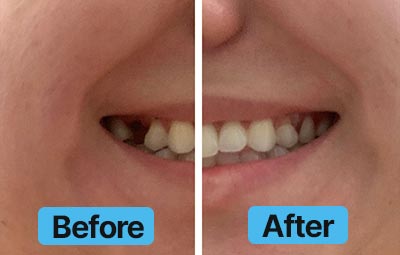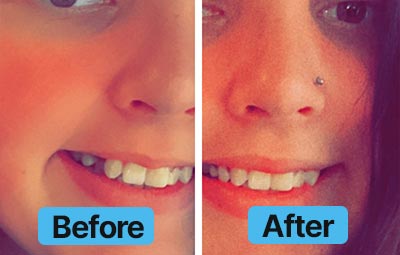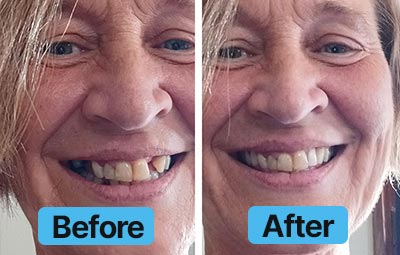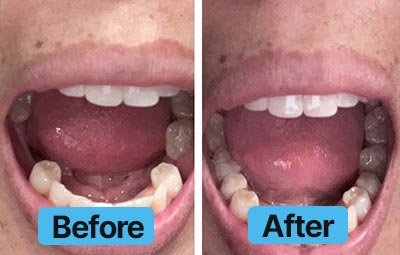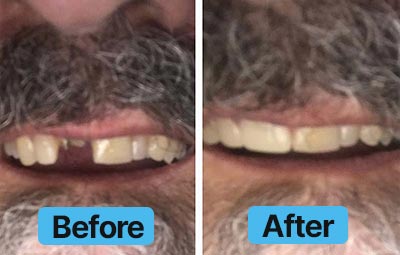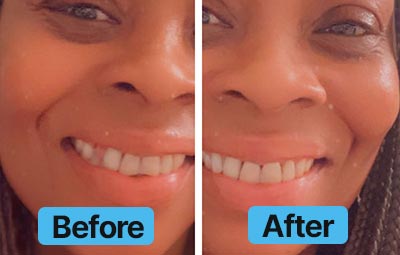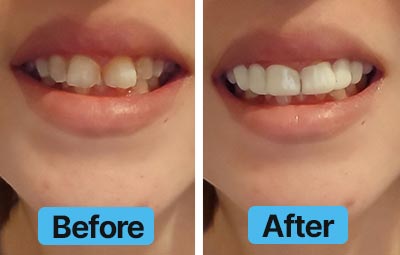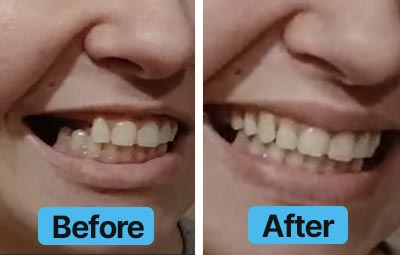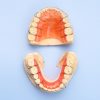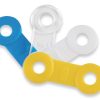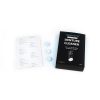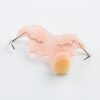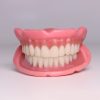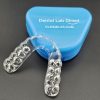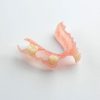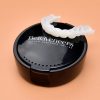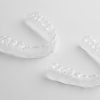Mouthguards Found to be Effective in Preventing Teeth and Mouth Injuries

When playing contact or non-contact sports, the use of mouthguards is crucial. These mouthguards protect the teeth from traumatic dental injuries, which mostly involve the front two teeth since they stick out. Well, we all know that without our teeth, we would not be able to speak, chew, or smile normally, which is why protecting them must be a priority. It is necessary to protect your teeth from long-term difficulties and prevent costly dental work in the coming future by wearing a proper mouthguard.
It is a fact that mouthguards are found to be effective in preventing teeth and mouth injuries. Mouthguards are resourceful in stirring soft tissue in the oral cavity away from the teeth, circumventing staining and scratching of the lips and cheeks, especially for those who use braces or other orthodontic appliances. They may also decrease the incidence and severity of concussions.
What are mouthguards?
A mouthguard can be defined as a resilient device positioned inside the mouth to decrease oral injuries, specifically to teeth and surrounding structures. Mouthguards cover the teeth and gingiva and operate by dissipating forces and reducing the deflection of teeth which are subject to stresses. To offer sufficient protection, a mouthguard should be efficiently fitted to the wearer’s mouth and precisely adapted to her or his oral structures.
There are 3 diverse kinds of mouthguard options available:
1. Boil and Bite Mouthguards
These mouthguards offer secure fitting than other mouthguards as they are developed from thermoplastic material. When placed in boiling water, then boil and bite mouthguard molds to the teeth and mouth by pressing the tongue and fingers against it.
2. Stock Mouthguards
Stock mouthguards are pre-made which means that one cannot change the fit of them. They are often bulky and can disrupt speech and breathing. Also, they are limited in terms of how much protection then can offer one, especially if they are placed incorrectly.
3. Custom-fitted Mouthguards
These are designed in a dental lab and are based on impressions taken of your teeth. Custom-fitted mouthguards are developed from a particular kind of plastic material and are more effective at protecting the teeth. In addition, these custom-fitted mouthguards are quite recommended by dental professionals.
A mouthguard is a must-wear for any sport that involves contact or heavy objects of play. If you or a family member is a sports athlete, it is crucial that you protect your teeth and mouth with a high-quality and custom-fit mouthguard.
When is the best time to wear a mouthguard?
Physical and sports activity
It is important to wear a mouthguard while participating in collision and contact sports. Examples include basketball, soccer, boxing, lacrosse, and field hockey. This care also applies to non-contact physical activities like skiing, weight-lifting, gymnastics, surfing, and mountain biking. It is best to connect with an expert dentist for more information.
Braces or other fixed orthodontic appliances
Protective mouthguards are essential if you have braces or other orthodontic appliances, like, fixed bridges. Wearing a mouthguard protects the appliance from damage and prevent injuries as it acts as a protective layer between the lips, appliance, and cheeks.
If you have bruxism
Bruxism can be defined as a condition in which the person grinds or clenches their teeth. If you have bruxism, it is best to go for nightguards. These nightguards act as a protective barrier between the lower and upper teeth, preventing overtime wear and tear. They are the most common treatment choice used to alleviate the effects of bruxism.
The requirement of frequent replacement and sanitization
It is important to know that mouthguards can advance the intensity and number of mouth abrasions and cuts, exposing an athlete to an increased chance of infection due to fungi, yeast, and bacteria that mouthguards routinely collect. Thus, the length of time that a mouthguard is used and how often it is cleaned requires to be revised. The below-mentioned points should be followed to care for your mouthguard.
1. Routinely replace the mouthguard, especially when jagged or sharp
A mouthguard should be replaced as soon as it becomes slanted or gets sharp jagged edges or after 14 days of consistent use, whichever comes first. Replacement is recommended every two or three years, earlier if cracked, lose or significantly worn out.
2. Replace if you have oral ulcer or irritation
Meanwhile the molds from mouthguards may lead to exercise-induced asthma and allergies, they should be substituted whenever the athlete progresses a kind of oral lesion or respiratory suffering.
3. Daily sanitize
Since mouthguards have the skill to become a upbringing ground for mold and bacteria, they should be routinely disinfected using a commercially available antimicrobial denture-cleansing solution. It is also ideal to clean it with toothpaste and a toothbrush or clean it in cool, soapy water and rinse systematically.
4. Rinse the mouthguard with cold water before and after each use. It is best to avoid contact with hot water because this can lead to distortion.
5. Place the mouthguard in a strong, perforated container to avoid damage and allow proper air circulation. Always remember to not close the mouthguard container until the fresh mouthguard is dry.
Why do kids not wear mouthguards?
Parents are mostly uninformed about the potential and level of contact for serious dental injuries involved in contact sports activities in which the children participate. Some, though not all, schools reinforce the health benefits of mouthguards for their sports activities. The cost maybe another consideration, although mouthguards are available in a variety of price ranges.
The dental profession definitely supports the use of mouthguards in a variety of sports activities. At Dental Lab, our experts understand that a healthy lifestyle involves staying physically active. We also realize it sometimes is difficult to protect the teeth, mouth, and jaw during physical and sports activities.
That’s why we craft mouthguards that are comfortable, safe and effective for each user. We offer mouthguards that enable the user to speak clearer and doesn’t hinder a person’s ability to breathe. They stay in place during all contact and non-contact sports and are easy to clean.
 60 DAY warranty on all custom-made products | 1,000+ 5 Star ★★★★★ Reviews
60 DAY warranty on all custom-made products | 1,000+ 5 Star ★★★★★ Reviews
